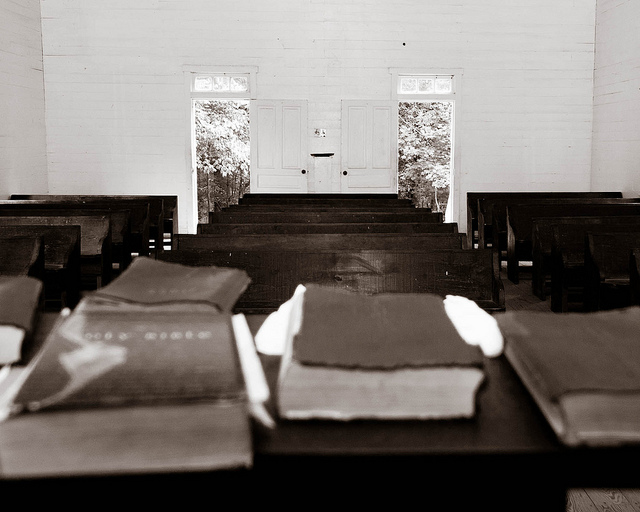What is Resolve?
What comes to mind when you see the word “resolve?” Maybe you think of a household cleaning product. You know, the one about which the following claim is made: “Remove Tough Laundry & Carpet Stains the First Time with Resolve!”
One of my first thoughts takes me back to the dark ages when I endured an algebra class. The object of the exercises in that class, as I remember it, was to “solve for x.” All too often, my teacher was not enamored with the attempt I made. I had the privilege of doing a lot of re-solving.
To a lot of us, the word “resolve” looks a lot like what some of us do at the beginning of each year. As the new year approached, we formally or informally made our resolutions. The fact that this becomes a yearly exercise might say something about how strong our resolve is.
I’m wondering how the concept of resolve has had an impact on my spiritual life. I’m wondering if I’m not where I need to be and where the Lord wants me to be because I don’t understand what resolve is.
The first definition in the dictionary for “resolve” is “to make a firm decision about.” That removes the concept of resolve from the arena of pipe dreams and wishes, doesn’t it?
Do you remember the man in a parable that Jesus taught in Luke 16? His stewardship had been taken away. He was unable to dig and ashamed to beg. He came up with a plan. According to the King James translation, he said, “I am resolved what to do…” (Luke 16:4, emphasis added). Other translations have “I have decided what to do…;” “I know what I shall do…;” and other similar phrases.
There was no ambiguity. There was no waffling. A firm decision had been made and, as we continue to read the text, it was carried out.
Although the word is not used, I believe the concept is a key to understanding another of our Lord’s parables. When the young man whom we know as the prodigal son “…came to himself… (Luke 15:17), he also formulated a plan. Consider the language of a couple of verses following that.
In verse 18 it is recorded that he said, “I will arise and go to my father…” In verse 20 we read “And he arose and came to his father…”
As we read about the conversation between him and his father, we are impressed with many things. One of those things is the young man’s resolve. He did not stand on ceremony; his dignity was gone; he expressed a desire to be considered merely as a hired servant.
We are also impressed with the picture of the father. With a grateful heart and open arms, he welcomed back his son. It is worth noting that he was welcoming back a son who was following through on his resolve.
We often sing the words, “I am resolved…” Do we mean them?
——————
To Receive Every Post via Email for Free, Click Here
Photo background credit: Austin Kirk on Creative Commons





One Comment
Pingback: